“It is a fearful thing,” Woodrow Wilson explained to Congress on April 2, 1917, “to lead this great peaceful people… into the most terrible and disastrous of all wars…”
But “the world must be made safe for democracy,” declared Wilson.
By the time the United States entered, historians tell us "the war in Europe had already lasted two-and-a-half bloody years and had become one of the most murderous conflicts in human history."
This 17-minute film entitled Home Front, 1917-1919: War Transforms American Life, narrated by Robert Ryan and broadcast by CBS News in 1965, offers a closer glimpse of what the United States faced. The following text and images are excerpted from the film.
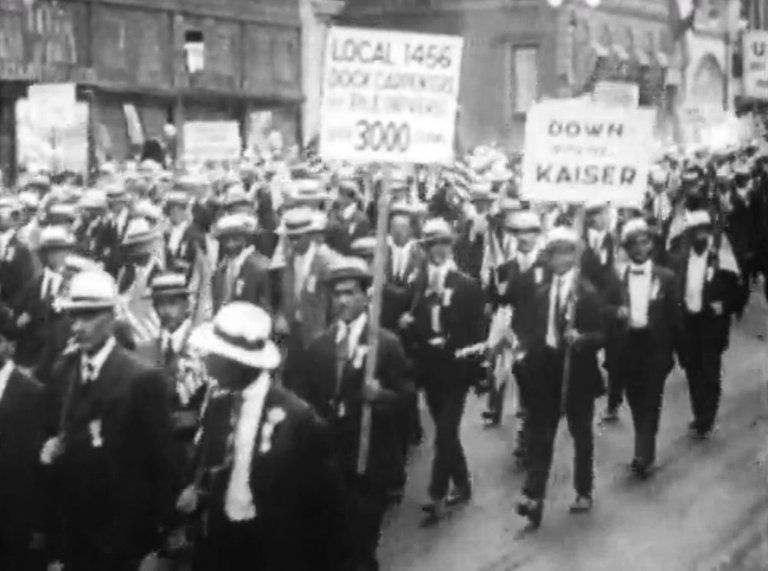
"All doubts are now submerged. All separate voices drowned out by the great chorus of the war effort. To fight you must be brutal and ruthless. Conformity would be the only virtue."

"Billy Sunday the National league outfielder turned evangelist...
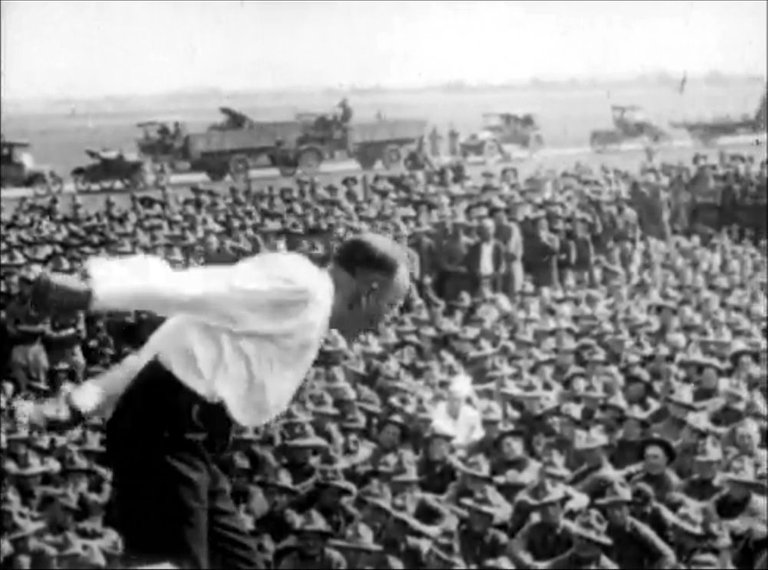
...tours the country with inspiring sermons." (Click to learn more.)
"Love may not change, but Motherhood will never be the same after this war...
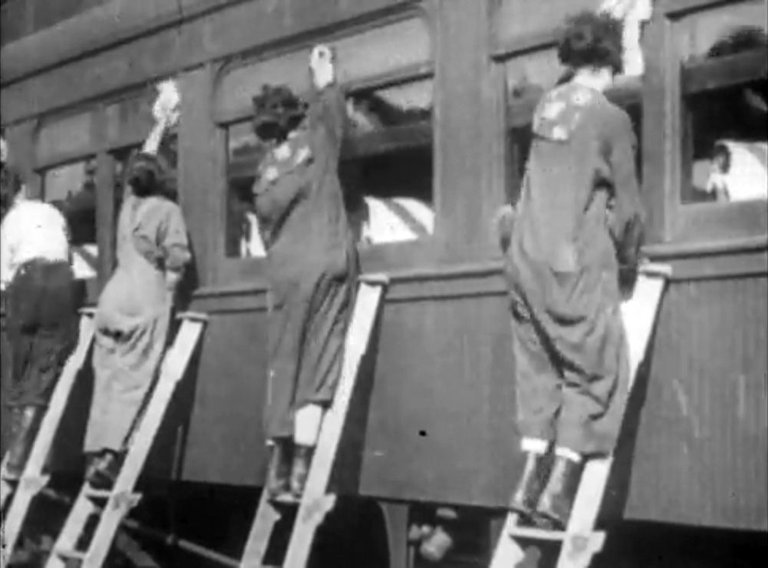
...America's women taking on a man's job work up new arguments to support their demands for the vote. ... How are you going to keep them out of the voting booth after they helped win the war?"
"In a single ceremonious day, Fourth of July 1918, ninety-five ships are launched...
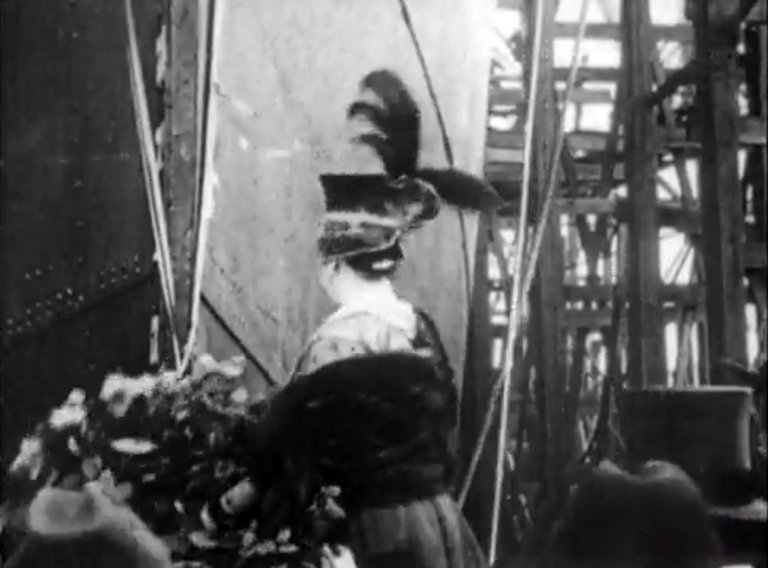
...but none will cross the Atlantic by the time of the Armistice."
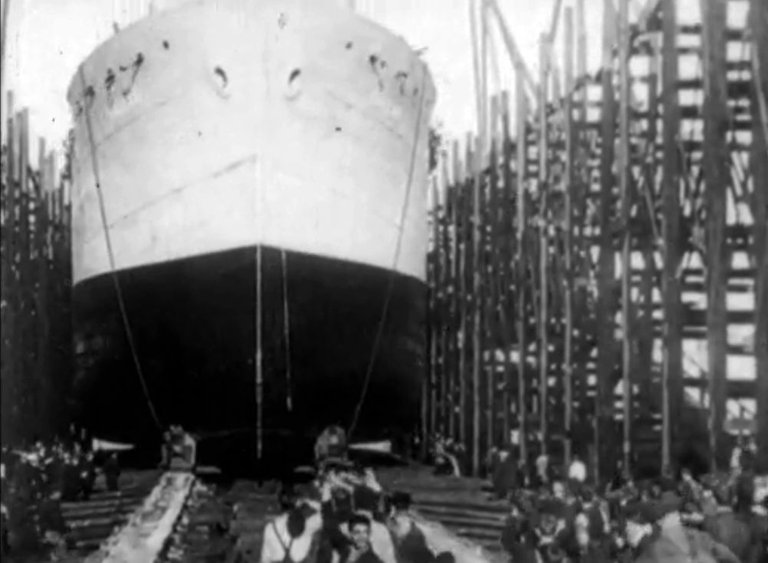
"One new source of industrial manpower is the negro recruited from the South by the thousands. Giving up fifty or seventy-five-cents-a-day jobs for the lure of higher paid war work in the North."
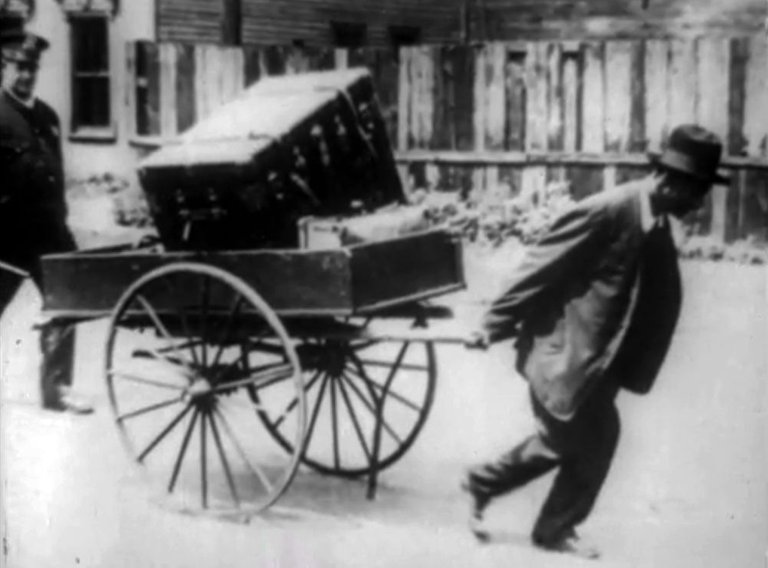
"The migration which will have a profound effect on the course of American life is accompanied by conflict. Race riots in Northern communities like Philadelphia, Chicago and East St Louis, Illinois where 37 Americans are killed, White and Negro."
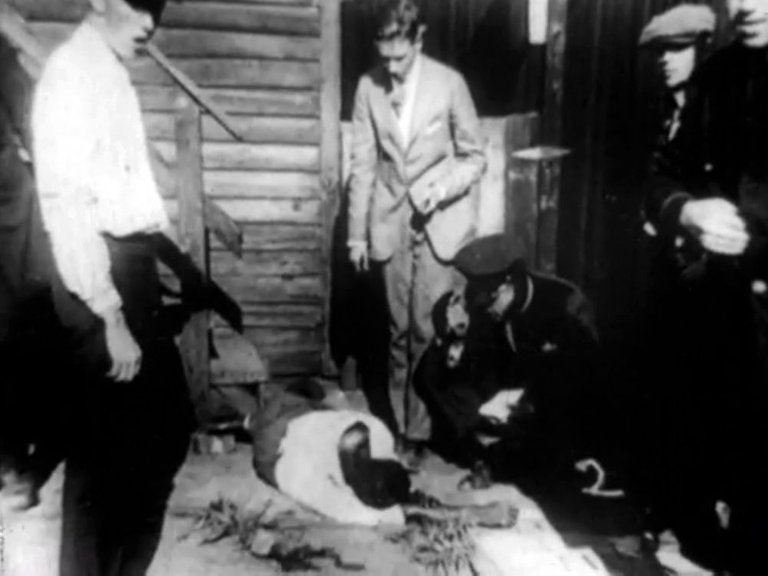
"Another kind of disease is loose in the land: suspicion attacking all forms of dissent...
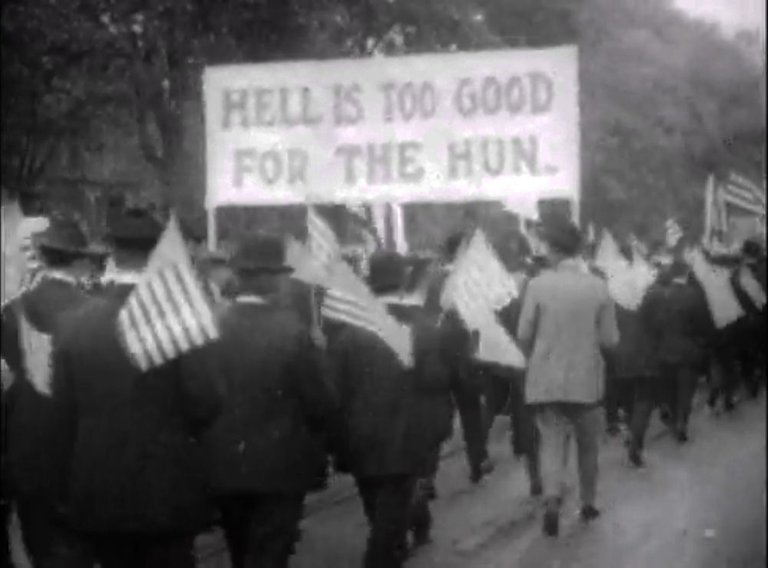
...vigilantes operating in the name of patriotism pursue their own black list of enemies."
100% of the SBD rewards from this #explore1918 post will support the Philadelphia History Initiative @phillyhistory. This crypto-experiment conducted by graduate courses at Temple University's Center for Public History and MLA Program, is exploring history and empowering education. Click here to learn more.
It's curious to note that despite a united home front and booming war economy, the Republicans won the White House in the 1920 election. Of course other factors came into play (especially Wilson's health), but we usually hear about the success and popularity of wartime presidents.
What are some of the connections that might be drawn between these snapshots? How does the revivalism of Billy Sunday, for instance, shape expectations of gender performance or inform race relations? How does vigilantism and virulent anti-immigrant sentiment relate to racial violence?
Good observation and an important point to raise. Seems that the spirit of war on the home front brought to the surface intolerance and a raft of related shortcomings. Maybe these were nourished by preexisting conditions and inclinations? Makes me want to delve deeper into the texts and athletic performance style of Billy Sunday.